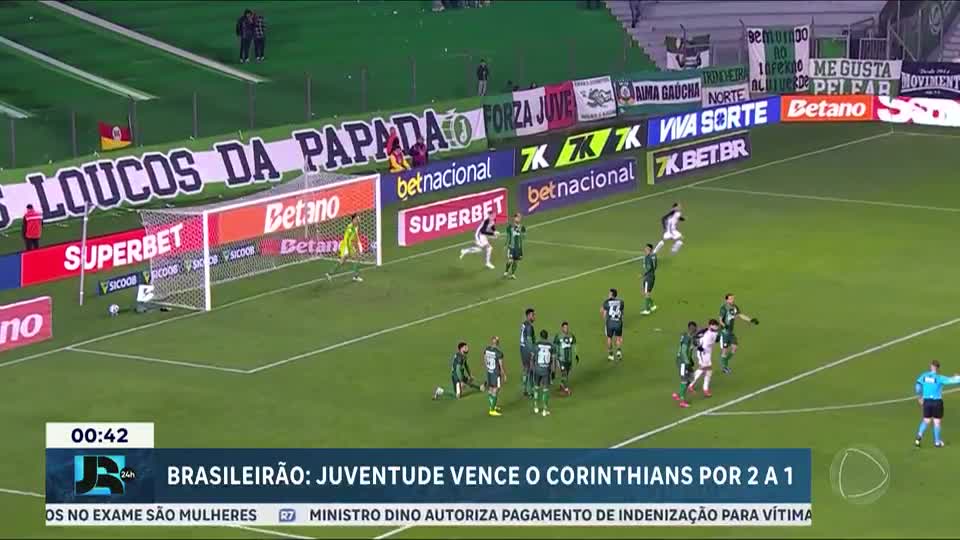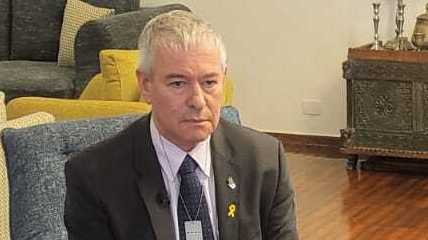Padroeira do Tocantins: veja o que abre e fecha no feriado de Nossa Senhora da Natividade
Politics as business, business with politics Bruno Carazza valorinternational.txt
On Feb. 10,loteria matoso macabu 2025, Donald Trump issued an executive order suspending all investigations into American companies suspected of bribing foreign officials. In practice, he gutted the Foreign Corrupt Practices Act (FCPA), enacted in 1977 after a Securities and Exchange Commission probe revealed that hundreds of U.S. firms maintained slush funds to pay bribes abroad. The rollback had a price—and it was quickly appropriated by the very multinationals that had been targets of U.S. anticorruption authorities. Analyzing stock market performance, researchers Lorenzo Crippa, Edmund J. Malesky, and Lucio Picci found that the 261 companies facing lawsuits and proceedings under the FCPA gained $39 billion in value in a single day—the day Mr. Trump issued the decree—compared with 236 peers in similar industries without corruption cases. A rare example of rigorous academic research published in the heat of political debate, the study suggests that removing the threat of punishment altered investor incentives, making firms once considered risky attractive again. This week, Brazil’s Supreme Court First Panel is expected to conclude the trial of Jair Bolsonaro and seven others implicated in the Jan. 8, 2023 coup attempt. Rapporteur Alexandre de Moraes and the majority of the panel are likely to convict the former president and his allies, sending a clear signal that in Brazil, planned attacks on democracy and its institutions will not be tolerated. Yet in Congress, a broad coalition is pushing a bill that would grant Mr. Bolsonaro and his co-conspirators amnesty. Should it pass, the message will be that political crime does, indeed, pay. In the fight against corruption, both Congress and the Supreme Court have contributed to this same corrosive signal: that misuse and diversion of public funds are rarely punished, and that corruption can be worth the risk. Much of the backsliding has come from the Court itself. After Sergio Moro and Deltan Dallagnol—once symbols of the Car Wash corruption probe— allied themselves with Mr. Bolsonaro, and after the Car Wash leaks, the Court reversed many of its earlier stances. This reversal went far beyond overturning rulings backed by extensive evidence, such as the Odebrecht Drousys and MyWebDay systems or JBS’s bribery payment records. Under the justification of curbing judicial overreach, the Court’s shift toward defendants’ rights made it far harder to convict corrupt politicians and business leaders. Rulings included giving electoral courts—less prepared than federal courts—jurisdiction over election slush fund cases, and requiring prison only after final appeals were exhausted. The latter favors defendants wealthy enough—often with stolen public funds—to pay high-powered lawyers to drag cases out to the statute of limitations. Congress has done its part as well. Since 2015, lawmakers have steadily increased the volume of public money under their control, through parliamentary budget allocations, party funds, and the electoral fund. Looser rules on spending, weaker oversight, and repeated amnesties for parties and candidates have fostered the sense that this money is private, not public. In 2021, lawmakers weakened two of Brazil’s strongest anticorruption tools: the Administrative Improbity Law and the Clean Record Law. And while public attention is fixed on Mr. Bolsonaro’s trial, Congress is advancing another self-serving package: the “Shield” constitutional amendment, new revisions to the Clean Record Law, further electoral reform, and the power to fire Central Bank directors. At every gathering of business leaders in Brazil, complaints about the poor quality of politicians are routine. Yet rarely, if ever, do these executives raise their voices against decisions like the ones listed above. Perhaps they remain silent because the same laws and rulings that allow politicians to treat politics as business are also profitable for the companies that do business with them, just as Mr. Trump’s FCPA rollback enriched U.S. firms tainted by bribery. P.S. I thank my colleague Manoel Gehrke, one of Brazil’s best young corruption scholars, for pointing me to the article “Making Bribery Profitable Again? The Market Effects of Halting Extraterritorial Accountability for Overseas Bribery,” cited above. This article was translated from Valor Econ?mico using an artificial intelligence tool under the supervision of the Valor International editorial team to ensure accuracy, clarity, and adherence to our editorial standards. Read our Editorial Principles.















